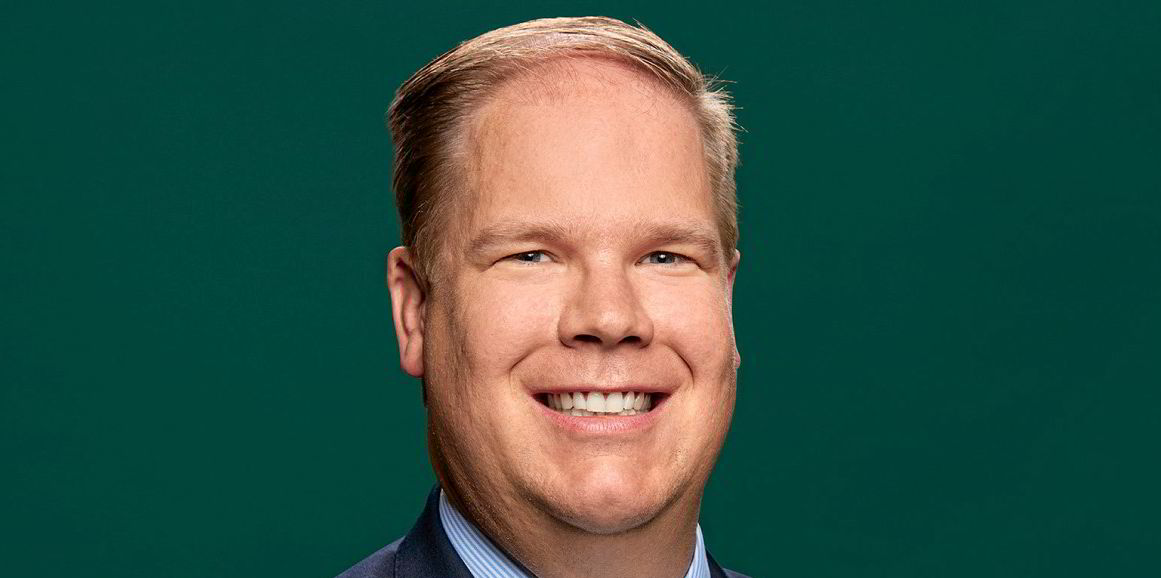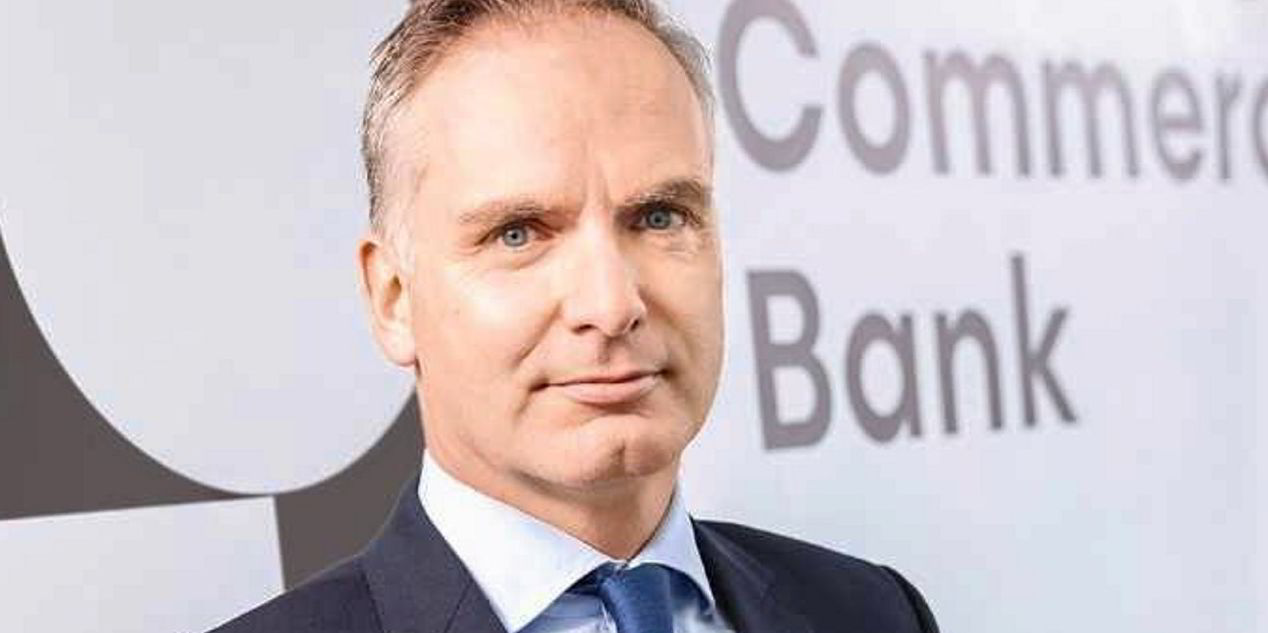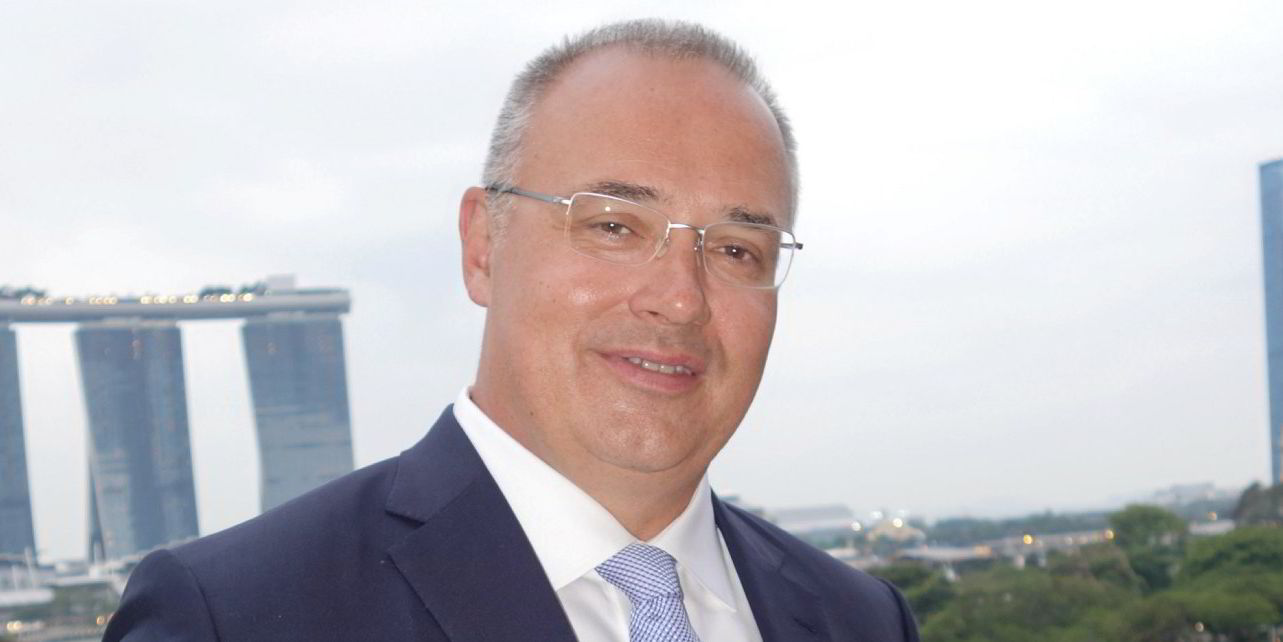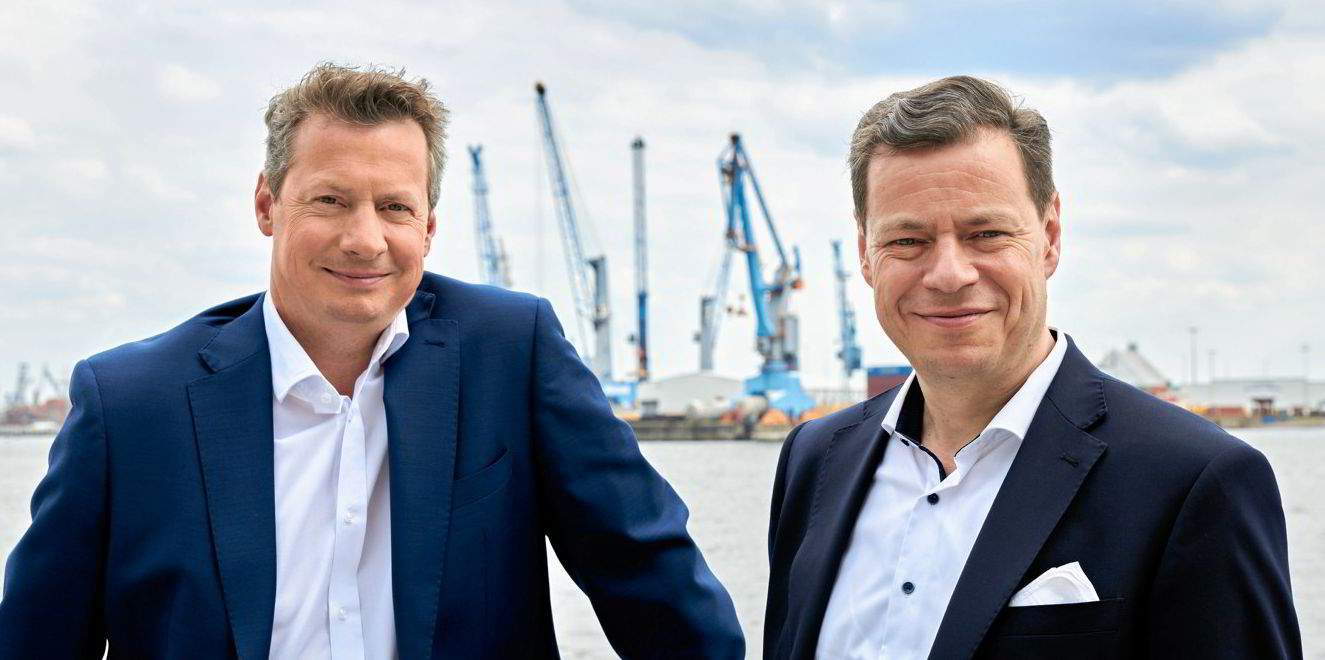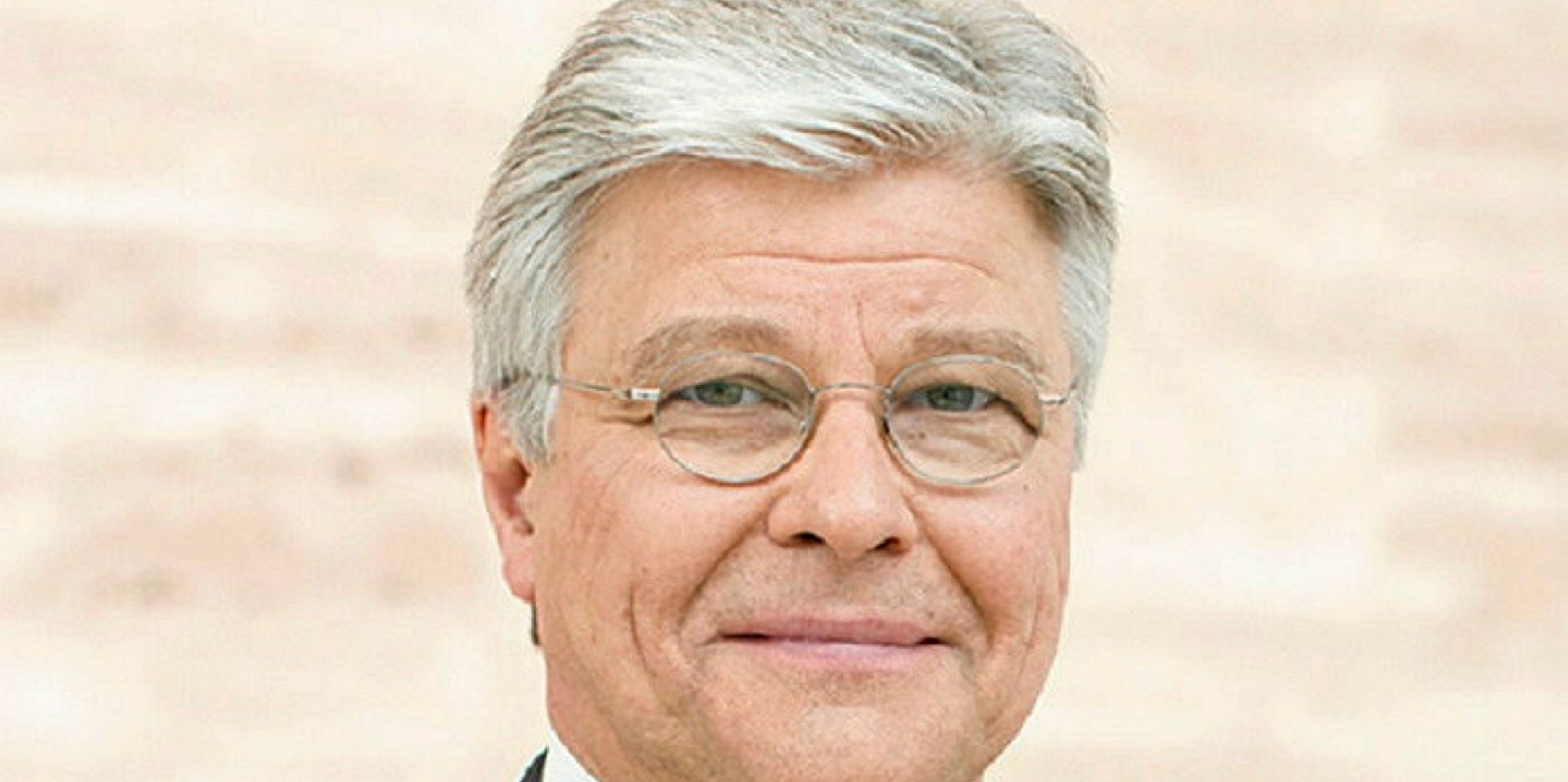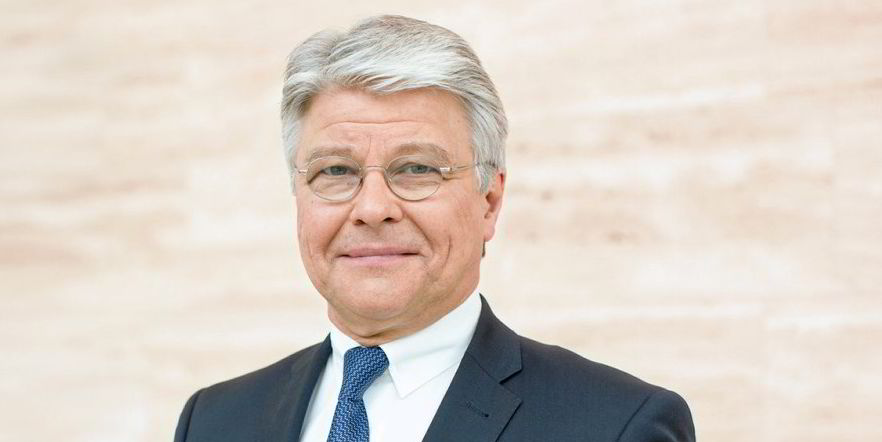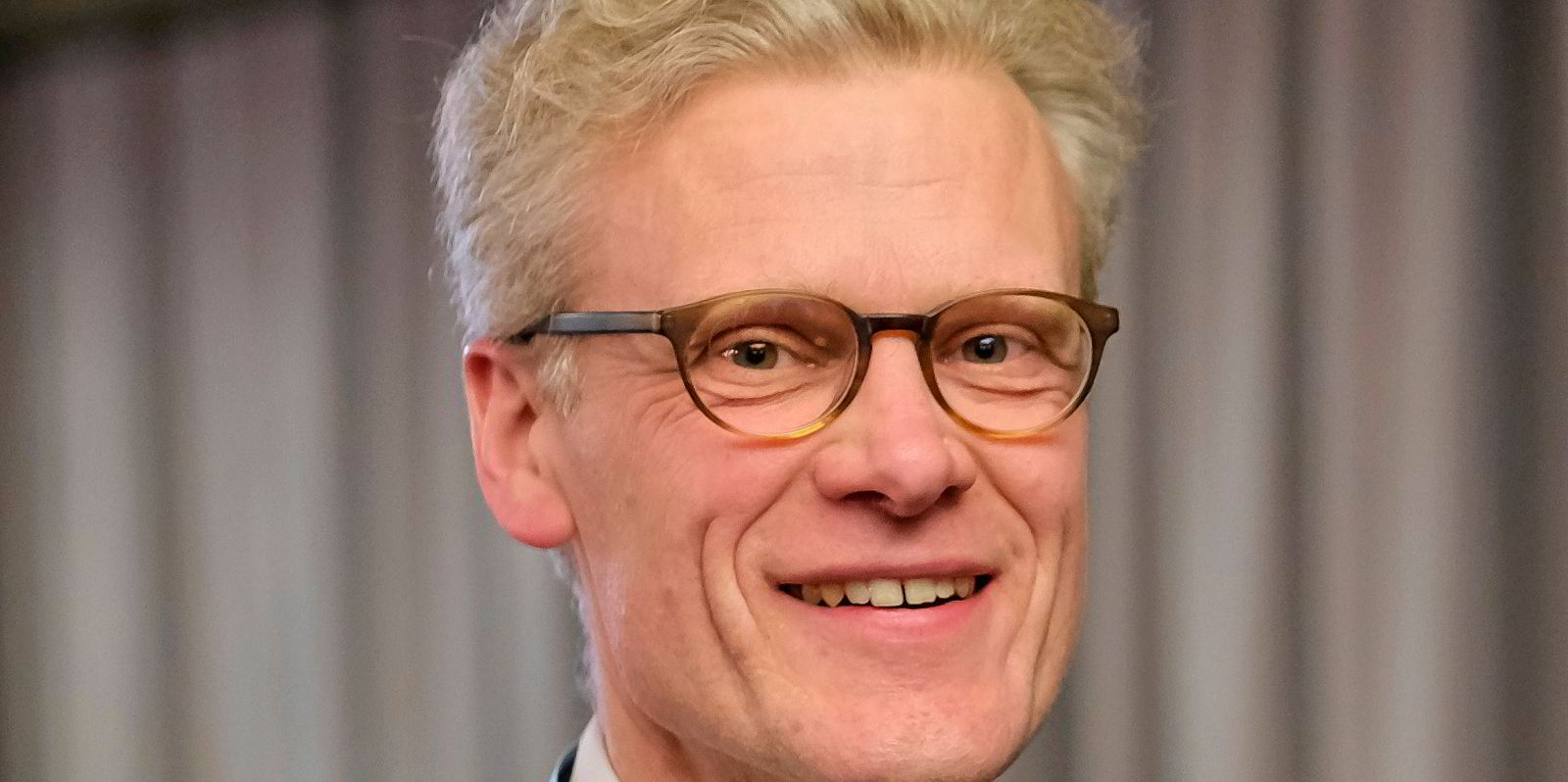A cautious lending strategy guided by its global head of shipping is paying off for Hamburg Commercial Bank (HCOB).
Since taking the reins of the shipping desk at the start of 2019, Jan-Philipp Rohr has shifted lending towards the secondhand market.
He has also presided over an increasing proportion of ship lending generated from outside of Germany.
As a result, HCOB expects to issue €1.25bn ($1.48bn) of new shipping loans in 2021.
Rohr said business has been boosted by a resurgence of activity this year from the Greek market.
“We have a well-balanced international portfolio where Greece is now our biggest share,” he said. “But we still try to help German clients to find solutions.”
Rohr explained that the international activities are underpinned by the restructuring of its operations in Asia.
In April, the bank established a partnership with finance boutique Transport Capital and Rohr said it is close to “finalising the first deals with them”.
That is expected to compensate for the closure last year of the bank's Singapore branch.
“We have seen several banks leave [the] Singapore market due to cost reasons, so some additional opportunities have arisen for us,” he said.
Target of €1.25bn 'on track'
The bank’s shipping desk made a busy start to the year but has had an even more active second quarter.
- Hamburg Commercial Bank (HCOB) is the first privatised Landesbank (formerly HSH Nordbank) in Germany.
- Since November 2018, its shareholders include Cerberus Capital Management, JC Flowers & Co and GoldenTree Asset Management.
- At 31 December 2020, Hamburg Commercial Bank AG had total assets of around €33.8bn and shareholders’ equity of some €4.3bn.
“We still feel very confident in the current market,” Rohr said. “We still have plans for this year new business of €1.25bn and so far we are on track.”
The figure exceeds the tally of €900bn of new business last year and is spread across the dry, tanker and container sectors.
Rohr concedes that the recovery of shipping markets has led to cuts in certain loan portfolios.
He said containership owners have taken advantage of the recovery to make additional loan repayments.
Rohr remains concerned that booming markets might attract more money and increase the longer-term risk of overcapacity.
So his policy for the bank going forward is to continue to tread carefully.
About 50% or 60% of HCOB’s financing in the container market is based on the lower values of last year.
He said new financing is only possible with a secure cash flow.
“We wouldn’t take the risk of taking the loan in the spot market, at high prices and not having employment fixed,” he said.
Lessons learned
Rohr is confident that German banks including HCOB — which in its former guise as HSH Nordbank was the world’s largest ship financier — will not repeat past mistakes by lending excessively in high shipping markets.
“We are really careful — because we don’t want to see crazy times again,” he said. “We had this experience in the past, hopefully we have learned our lessons, I’m sure of that.”
“Therefore we stick to [the] business model of secondhand vessels.”
HCOB’s focus is on smaller deals of $25m to $50m, up to a maximum of $100m. It tends to avoid big-ticket deals of between $200m and $300m.
Risk is further reduced with the emergence of longer charters because loans on ships can be traded down to low scrap values.
Rohr noted that containership owners and operators are increasingly entering into deals with three to five-year charters.
“This provides to us some more confidence that the liner companies are focusing on healthy midterm markets,” Rohr said.
Target on carbon emissions
HCOB does not adhere to the Poseidon Principles, which Rohr considers more suited to financiers of newbuildings.
But the German bank still intends to report on the carbon emissions of its financed fleet.
Rohr is supportive of plans to make secondhand tonnage more efficient through retrofits, slow steaming and other means.
“We also have the clear target to review CO2 emissions,” Rohr said. “We have to find [a] way together with clients to improve the existing fleet that they are already operating.”
That pledge was reinforced in July, when the bank officially joined the Partnership for Carbon Accounting Financials (PCAF) — an industry-led initiative for measuring greenhouse gas emissions for the financial sector.
The bank plans to disclose emissions determined by the PCAF methodology after three years at the latest.
HCOB expects to join the Association of German Banks in January 2022, marking the end of a three-year transformation from a state-owned Landesbank to a private bank
